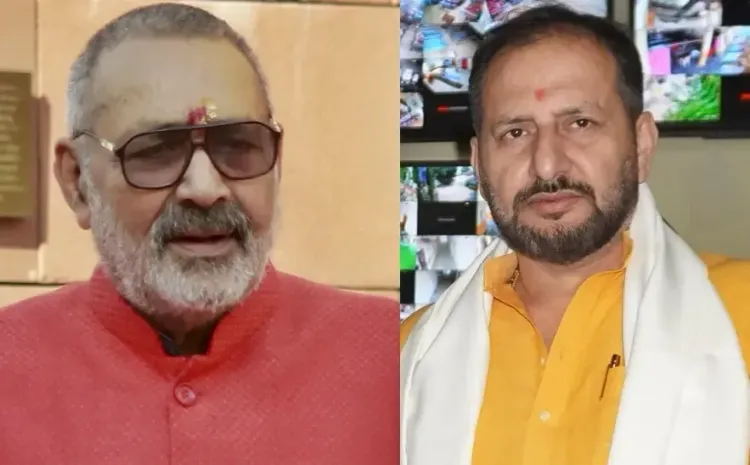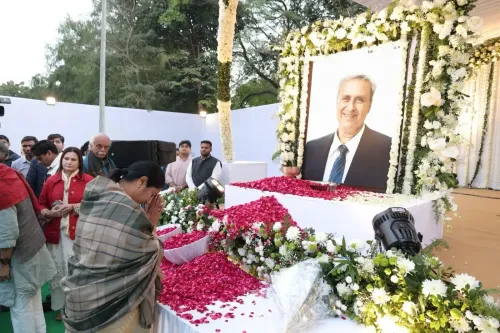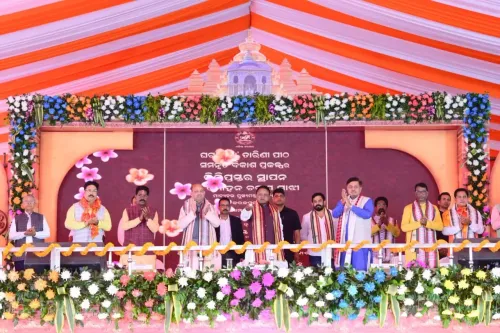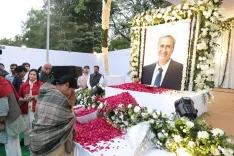Call for Presidential Rule in Bengal Following Murshidabad Unrest

Synopsis
Key Takeaways
- Protests in Murshidabad escalated into violence.
- Bihar's Minister calls for President’s Rule if order isn't restored.
- Criticism directed at Mamata Banerjee's handling of the situation.
- Waqf Act aims for transparency and stricter compliance.
- Debate continues over its impact on religious autonomy.
Patna, April 12 (NationPress) The recent violent protests in Murshidabad, West Bengal, concerning the Waqf Act have ignited a significant political controversy, eliciting strong responses from leaders across the political spectrum.
One of the most outspoken figures has been Bihar’s PHED Minister Neeraj Kumar Singh Bablu, who cautioned that if the Mamata Banerjee-led West Bengal government does not uphold law and order, then President’s Rule should be enforced in the state.
“The Union Home Minister has made it clear that compliance with the Waqf Law enacted by Parliament is mandatory. If state officials permit protests that escalate into violence, appropriate measures must be taken. If the West Bengal government is unable to manage the protest, then the implementation of President’s Rule is necessary. Mamata Banerjee is attempting to transform Bengal into Bangladesh, which we will not permit,” Bablu stated.
The protest in Murshidabad escalated into violence when demonstrators opposing the Waqf Act attempted to obstruct National Highway 12, resulting in stone pelting, arson, and a serious clash with law enforcement.
Numerous police vehicles were torched, and over a dozen officers were injured, compelling authorities to resort to lathi charges and tear gas to disperse the crowd.
Union Textile Minister Giriraj Singh joined in the criticism, attributing the breakdown of law and order to Mamata Banerjee.
“The violence in Murshidabad is a direct result of Mamata Banerjee’s appeasement politics. She professes to uphold the law, yet her government cannot even secure police stations. Trains are halted, stones are thrown, and still, she fails to take action,” Singh remarked.
He also criticized Bihar’s Leader of Opposition Tejashwi Yadav for opposing the Waqf Act, arguing that his comments about discarding the Act if elected display a lack of concern for Pasmanda Muslims and impoverished women.
“Tejashwi wants to discard the Waqf Act, but it guarantees transparency and fairness for underprivileged Muslims. He is only focused on vote bank politics,” Singh alleged, emphasizing that the Act was legislated by Parliament and cannot be reversed.
The Waqf Act 2025, which was recently approved by Parliament, aims to introduce “transparency,” “centralize records,” and impose “stricter compliance” in managing Waqf properties.
While it has faced criticism for allegedly infringing on religious autonomy, supporters assert that the Act will empower the impoverished, particularly Pasmanda Muslims.










